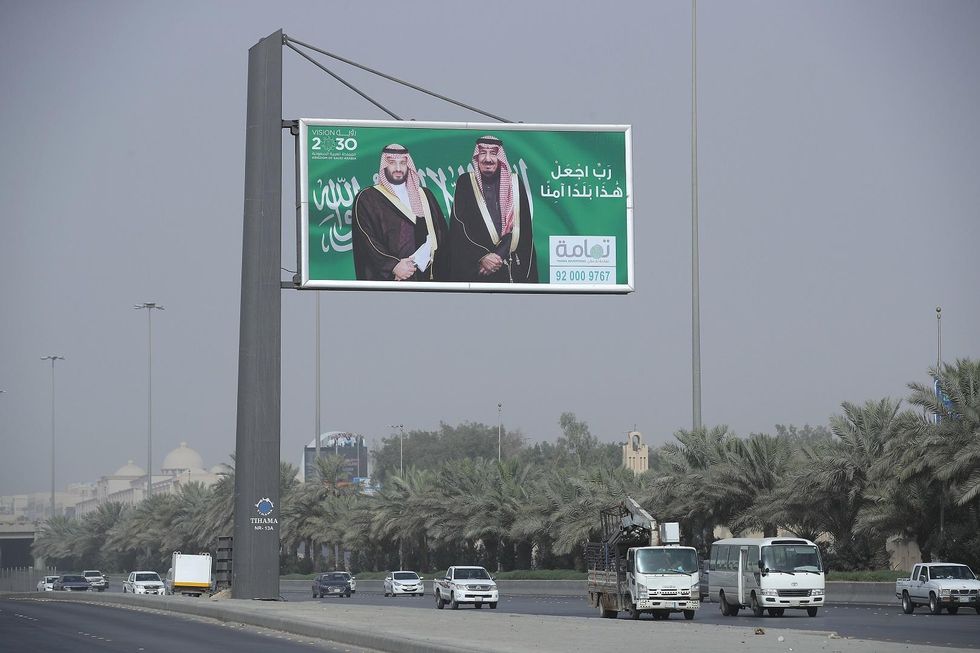Analysis by the U.S. consulting firm McKinsey & Company may have been used by the Saudi government to target three influential dissidents.
Here's what you need to know
McKinsey & Company published a nine page report detailing the public reception to new austerity measures that had been put in place by the Saudi government in 2015. As part of this report, McKinsey identified three people who were particularly effective in driving the national dialogue about these measures.
These people included a writer named Khalid al-Alkami, a Saudi dissident named Omar Abdulaziz who lives in Canada, and an anonymous Twitter user known only by the moniker Ahmad.
After the report was circulated, the Saudi government arrested Alkami and two of Abdulaziz's brothers. Abdulaziz's phone was also hacked, and Ahmad's influential twitter account was deleted.
The New York Times obtained a copy of this report, and mentioned this in piece detailing the Saudi government's efforts to control its public image by targeting critics and creating armies of online trolls to steer online conversation in a way approved by the government.
In a statement, McKinsey insisted that the report was not created on behalf of the Saudi government, and was only supposed to be released internally. The firm also suggested that the crackdown on these three people may have happened independently of their work:
We are horrified by the possibility, however remote that it could have been misused in any way. At this point, we have seen no evidence to suggest that it was mused, but we are urgently investigating how and with whom the document was shared.
After McKinsey released its statement, CNN anchor Jake Tapper expressed his skepticism. Tapper argued that the only two possible scenarios involved McKinsey not realizing how their report could be misused, or lying.
What else?
This news comes just two days after the Saudi government admitted that Washington Post journalist Jamal Khashoggi had been killed inside its consulate in Istanbul, Turkey. The Saudi government at first insisted that Khashoggi had left the consulate alive, then it floated the idea that “rogue killers” may have been responsible. Even the latest version, which admits that Khashoggi was killed inside the embassy, puts the blame on a “fight” which “aggregated [sic] the situation and led to his death.”

